Alumni
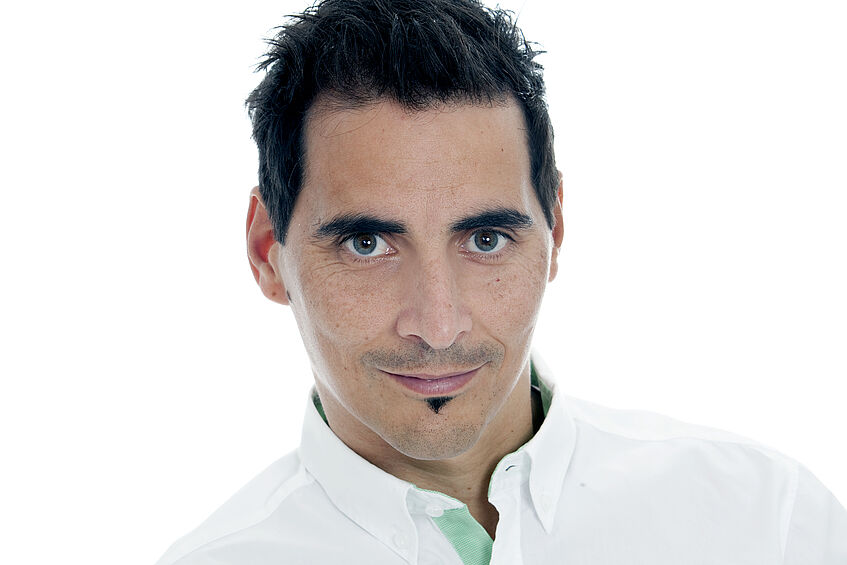
Neither at the beginning nor at the end of my studies did I have any idea what I would do as a psychologist one day. I started studying because I was interested in sports psychology, I ended up in a project researching the human-animal relationship, then as a clinical psychologist in a psychological-psychotherapeutic outpatient clinic in a geriatric center, I wrote my dissertation on transcultural psychology, and in parallel I gained a foothold in the field of training, coaching and consulting. Today, my wife, Dr. Verena Monshi and I run the Institute for Vital Psychology / iVip. We promote the mental, social and organizational vitality of people and organizations. Our clients from D-A-CH today include top athletes, CEOs and multinational companies. The soul is a vast land and there is still much to discover ... That's what we love.
Mag. Dr. Bardia Monshi (GF iVip OG / Institut für Vitalpsychologie, www.vitalpsychologie.at)
I started my own business immediately after graduating. I now run two companies that focus on workplace design and the assessment of work-related psychological stress. My colleagues and I help organizations design appropriate work tasks, create efficient processes, and build and maintain a healthy culture. The scientific basis of our psychology studies enables us to meet the high quality standards of consulting and sets us apart from other professions.
Mag. Veronika Jakl (Founder and CEO of Arbeitspsychologie Jakl, www.apjakl.at, and eval IT GmbH, www.evalit.at)
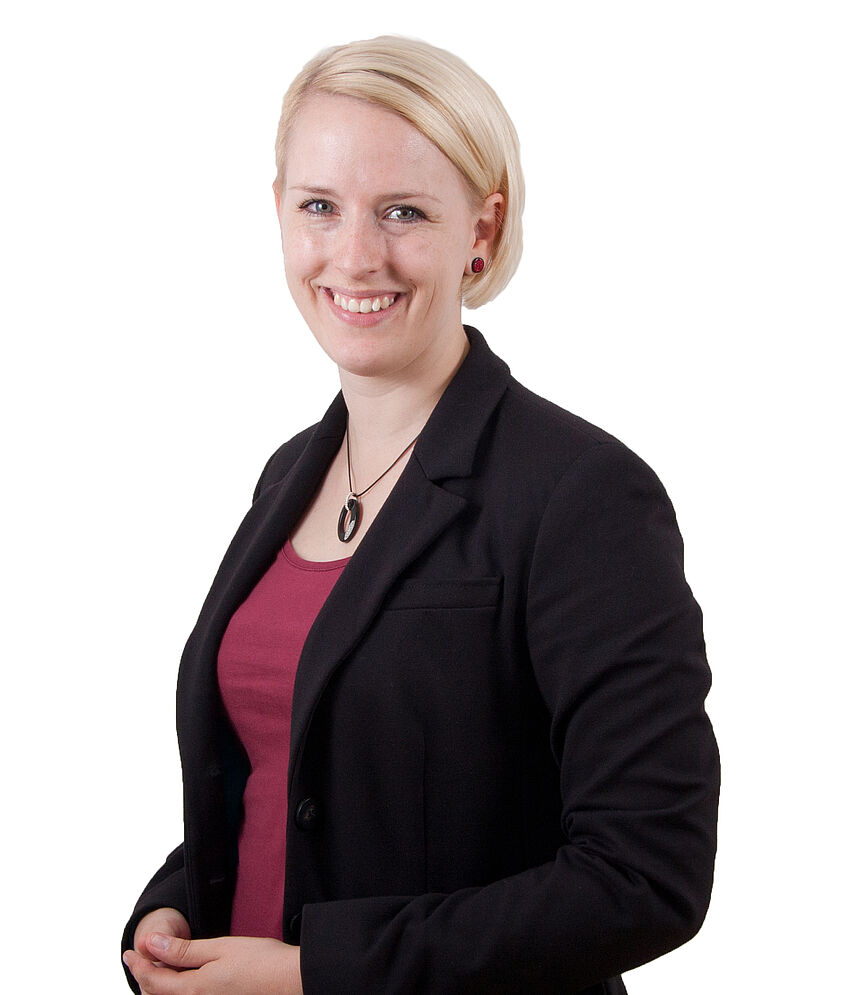
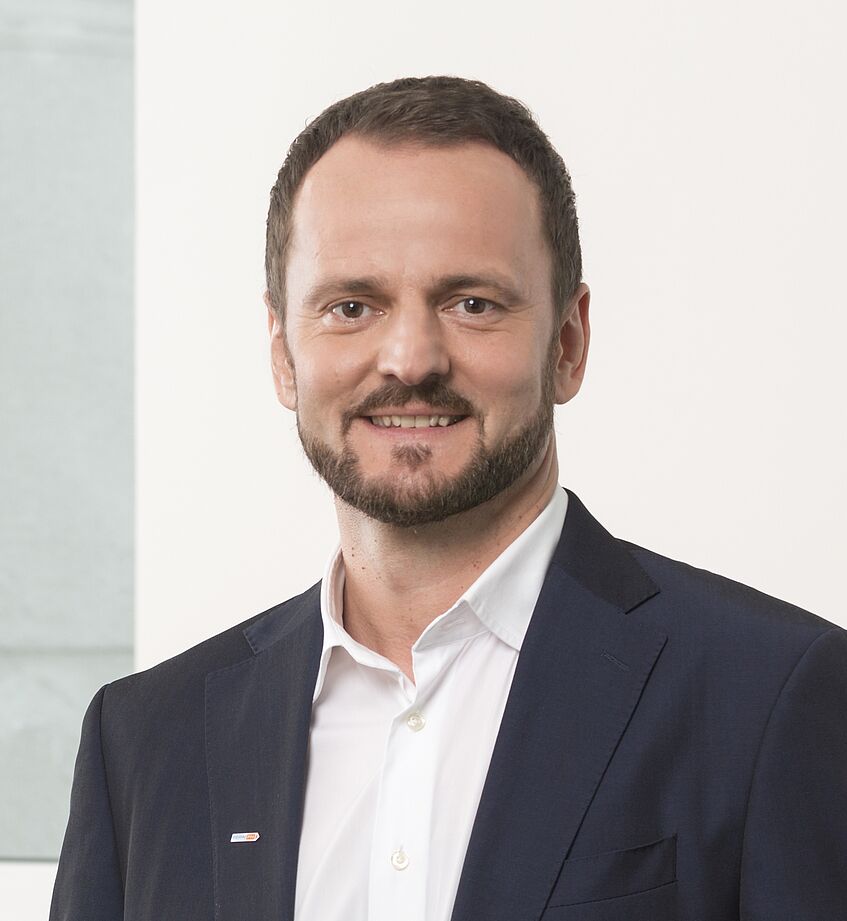
Managing the part-time Master's program in "Business Administration and Psychology" is a very interesting and important task, as we enable working people to have access to higher education. In terms of content, the courses offered are at the interfaces between people & organization or organization & market. This is where we can see very clearly the great importance that business psychology has today and the great interest that business has in it.
Prof.(FH) Mag. Dr. Herbert Schwarzenberger (Course Director of the Master's program Business Administration and Psychology, FernFH Wiener Neustadt, www.fernfh.ac.at)
My profession combines two aspects that I find important and fulfilling: On the one hand, it gives me the opportunity to study and contribute to a better understanding of the psychological factors that influence people's economic behavior. On the other hand, it gives me the opportunity to introduce interesting and relevant topics to my students and to pass on knowledge.
Univ. Prof. Dr. Erik Hölzl (Professor of Economic and Social Psychology, University of Cologne, www.iss-wiso.uni-koeln.de)
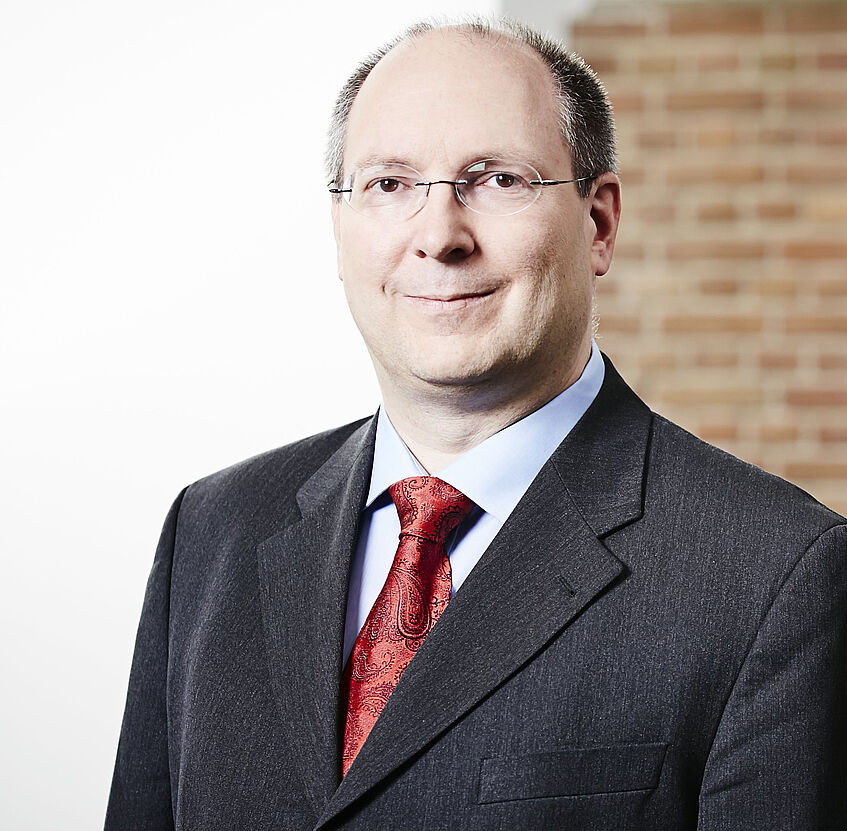
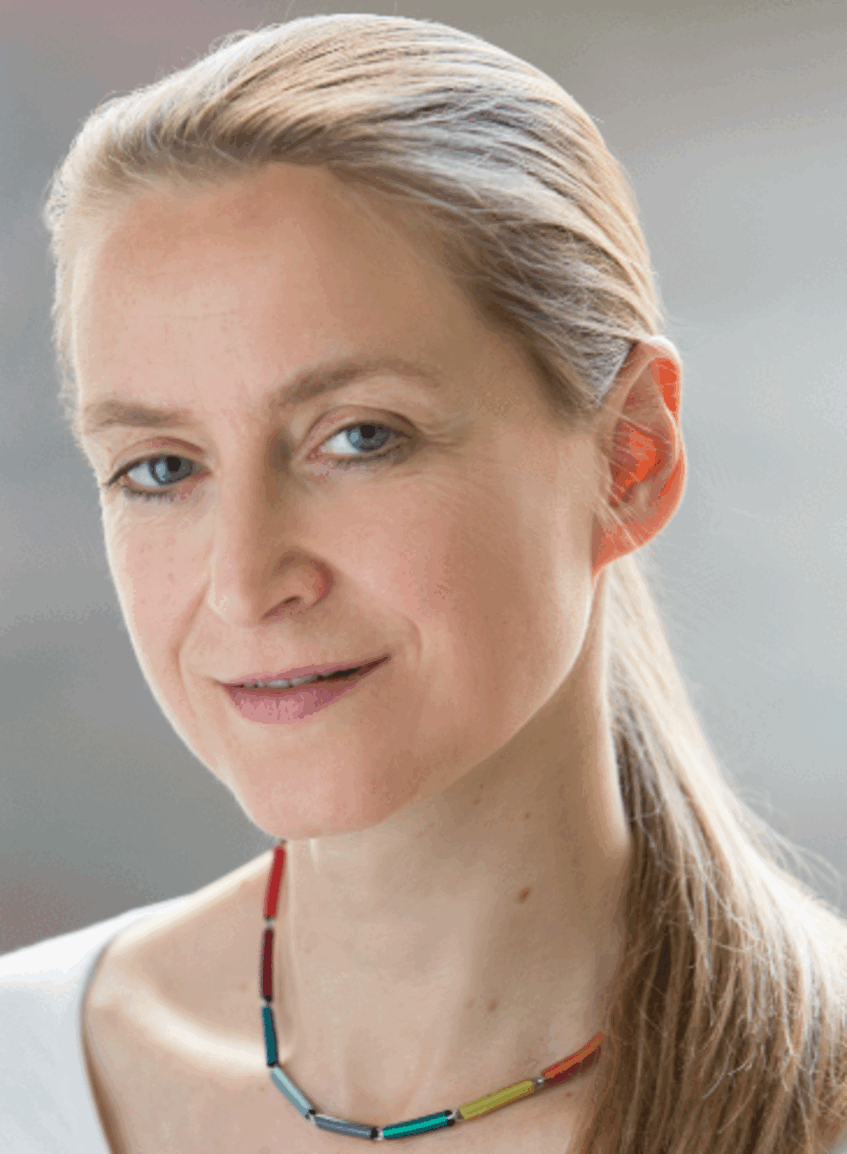
After working for an international IT company in the field of PE/Management Development, I became self-employed at the age of 45 and currently work as a work and organizational psychology consultant, coach and psychotherapist in private practice. I am especially grateful to be able to bring my many years of experience in the field of work and organizational psychology to coaching and psychotherapy.
Mag. Jutta Gatternig (Gatternig Consulting, www.gatternig.eu)
My team and I study our guests' purchasing decisions on a daily basis by analyzing (behavioral) sales data as well as through surveys and experiments. These insights are fundamental to meeting the needs of our guests.
Dr. Mag. Barbara Kastlunger (Department Head Customer & Business Insight Strategy, McDonald's Austria)
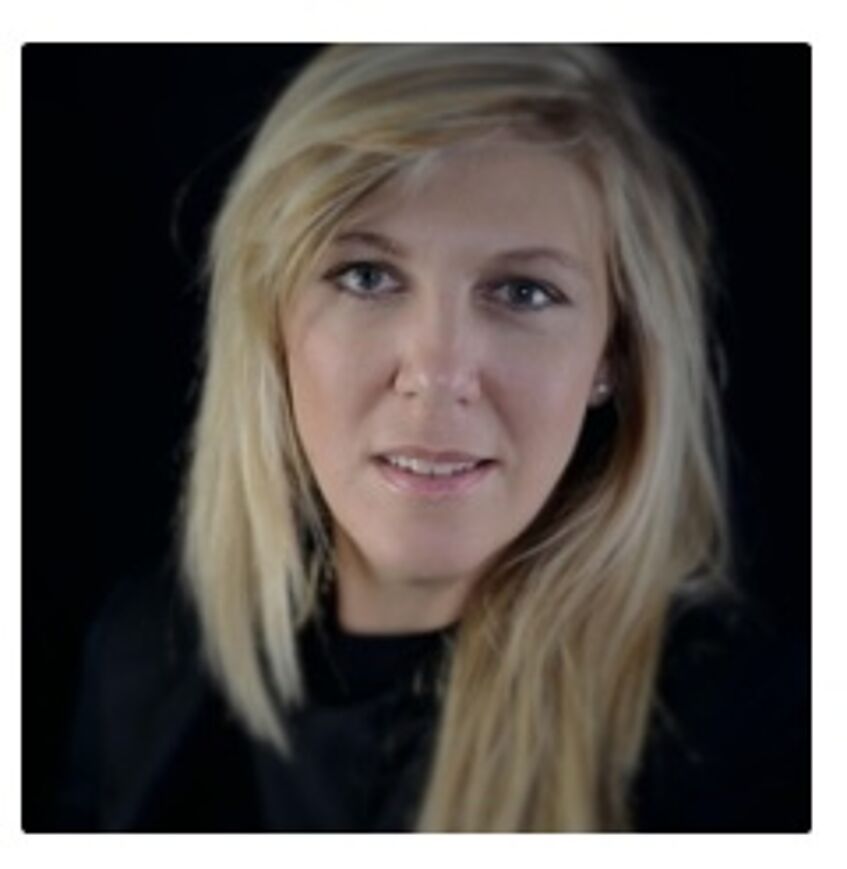

A large part of my professional life revolves around the selection and optimal deployment of people according to their abilities, potentials and motivations. Perceiving on these levels was already encouraged during my studies and has now become a central part of my professionalism through experience. At the same time, my psychological knowledge enables me to identify how to develop people personally and professionally and how to deal with possible limitations.
Dr. Petra Oswald-Ulreich (HR Business Partner, Interxion, www.interxion.com/at)
In my work, I research financial decision-making, especially in the context of taxes. While working for the Federal Ministry of Finance, the diverse research methods of psychology have been extremely useful, as they are currently in the DIBT program at WU Vienna. The broad spectrum of knowledge and the openness to new perspectives taught in the psychology program are particularly valuable in an interdisciplinary environment at the interface between science and practice.
Maximilian Zieser (PhD student, WU, www.wu.ac.at/dibt)
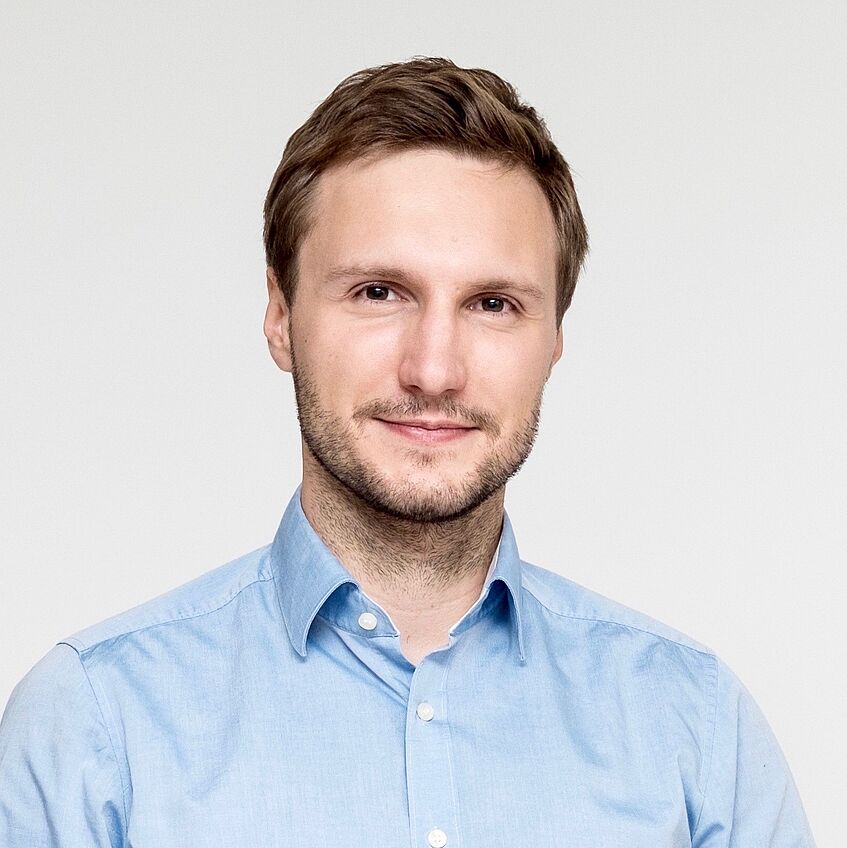
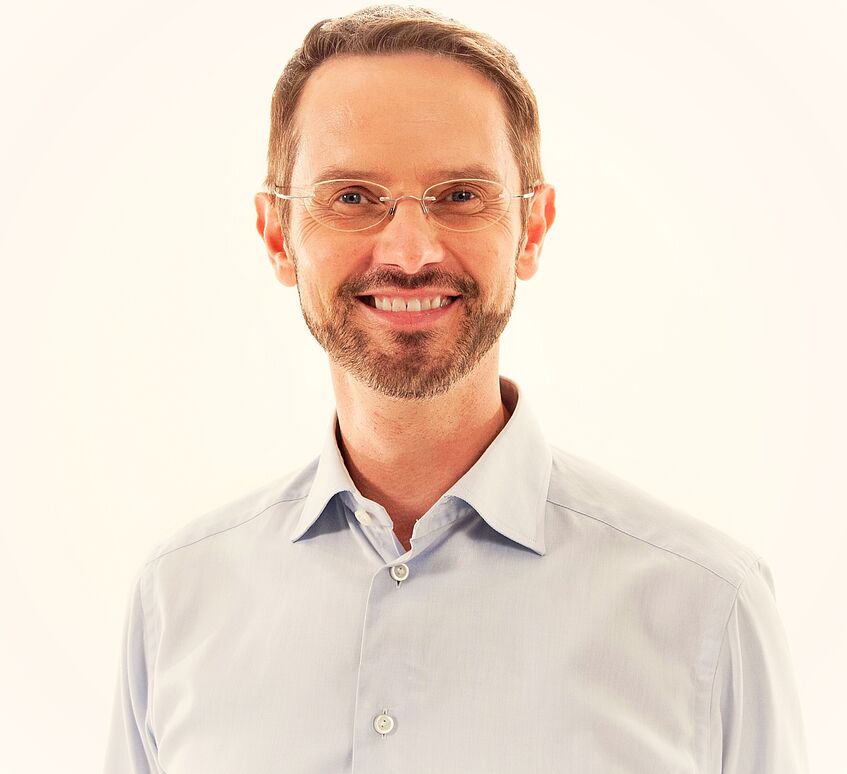
As managing director of a management consultancy, my team and I support companies and organizations in the development and successful implementation of strategies. Under the motto "We combine science and practice", our focus is on the preparation and application of current scientific findings in practice and on our own scientific research. [...] My solid psychological education at the University of Vienna is the basis for this and provides me with the skills and knowledge that I use on a daily basis.
Dr. Mag. Markus Ebner (www.ebner-team.com)
My work in organizational and human resource development, as well as my role as a leadership trainer, allows me to combine social and individual psychological concepts. I enjoy making people and organizations more successful.
Mag. Dieter Bernold (Managing Partner, ARGO, https://www.argo.at/)

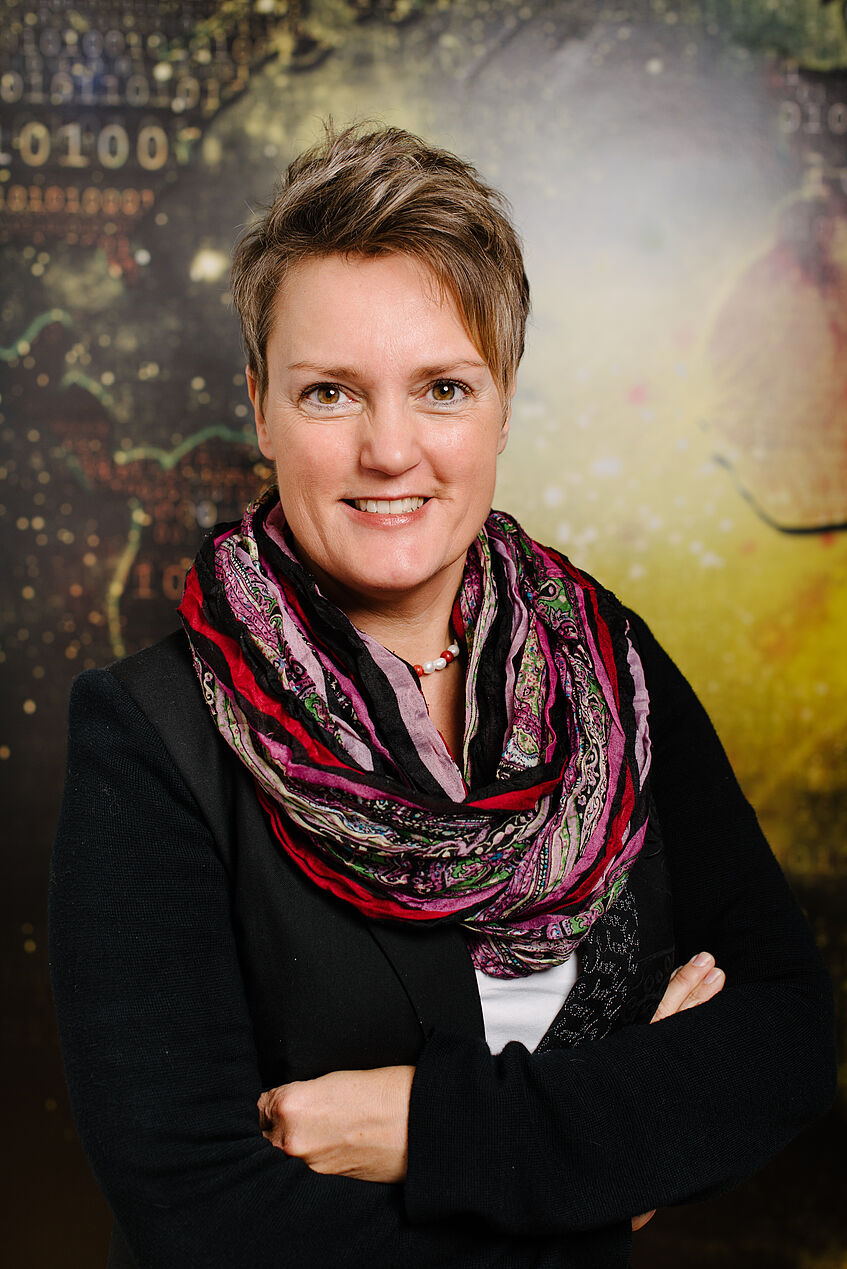
In practice, it is not the third interaction that counts, but the basic statement of each theory. The successful psychologist is the one who can explain a psychological theory simply and in a way that everyone can understand. In everyday life, it is often a matter of common sense that puts psychology as a science in the background. So it is all the more gratifying to realize that even simple and seemingly well-known psychological theories still have an effect in practice and trigger a quiet aha moment. Market research is exciting because every client and every project is different and challenging.
